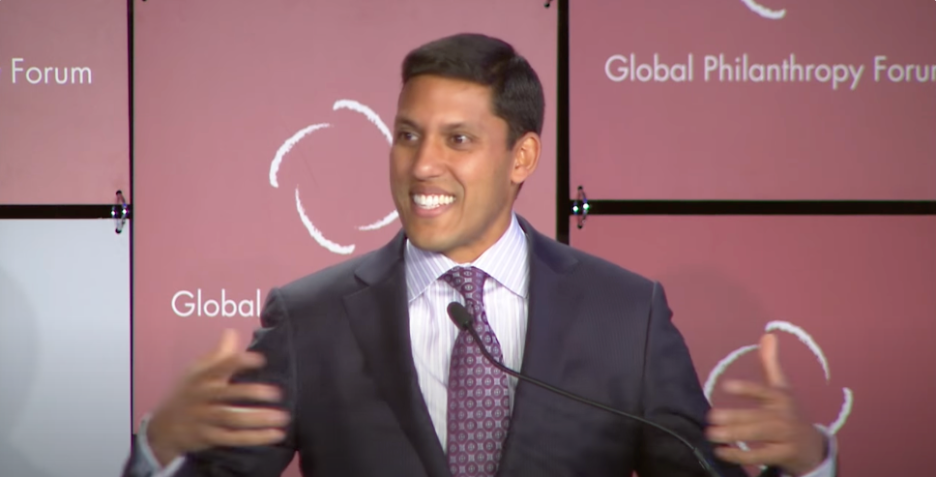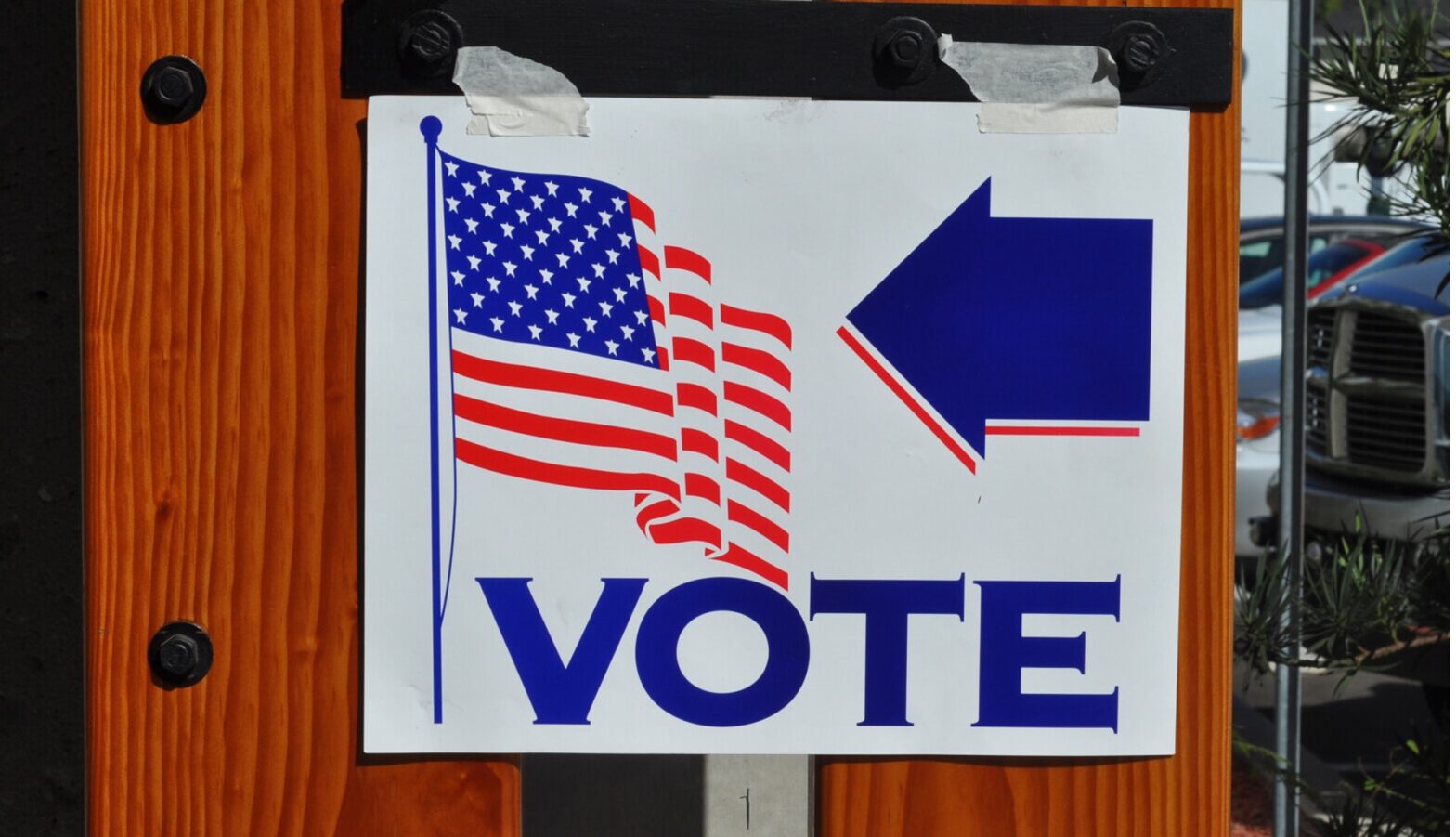Anonymous donations to controversial anti-Israel groups shine a spotlight on the urgent need for donor-advised fund reform. Will this finally motivate Congress to pass much-needed legislation?
The below column, republished with permission, originally appeared in The Chronicle of Philanthropy on December 6, 2023.
***
When the Internal Revenue Service unveiled its proposed regulations for donor-advised funds last month, many hoped the new requirements would lead to greater transparency and generosity from DAF holders. No such luck.
Current law constrains the IRS from taking forceful action, so the agency settled for issuing proposed rules that define what constitutes a DAF and offered suggested penalties for inappropriate contributions, such as supporting lobbying and campaign activity.
For critics, this result was disappointing and underscored the need for legislative action.
DAFs are a controversial form of philanthropy. Many community foundations, financial institutions, and other sponsors tout the benefits of these giving vehicles as a tax-advantaged, low-cost means for managing charitable giving for the wealthy. Critics, on the other hand, argue that DAFs allow donors to maximize tax deductions without any commitment to give the money away or disclose who receives support.
Unfortunately, Congress has shown minimal interest in addressing these concerns. In 2021, Republican Senator Chuck Grassley of Iowa and independent Senator Angus King of Maine introduced the Accelerating Charitable Effort Act, which would have imposed limited but important controls on how DAFs are used. But that legislation has stalled.
So what now? What would motivate Congress to pass legislation that might curb the perceived problems with DAFs? And what should this legislative remedy include?
One obvious motivating factor is the rapid growth of donations to DAFs, documented in several recent reports. Contributions to DAFs reached $85.5 billion in 2023, up from $78.4 billion in 2022, according to the National Philanthropic Trust’s annual study of donor-advised funds. Giving to DAFs accounted for 27 percent of all charitable contributions in 2022, eclipsing the amount going to private foundations. This is unsurprising since DAF donors receive a higher tax deduction than those who fund foundations.
Contributions to DAFs also continue to outstrip charitable donations made from these vehicles, which suggests many people use them to warehouse money. For example, a Bloomberg investigation documented how wealthy individuals transfer funds from their private foundations to avoid distributing charitable dollars.
Focus on anti-Israel groups
If the enormous growth of DAFs isn’t enough to spark congressional interest, lawmakers may be moved by another, especially timely issue: Growing evidence that DAFs have been used to obscure the foundations and individuals supporting anti-Israel organizations in the United States.
Last week, the House Ways and Means Committee approved legislation that would revoke tax-exempt status for “terrorist supporting organizations” and specifically cited groups that it says funneled funds to Hamas. It isn’t a big leap from that position to greater scrutiny of how DAF dollars support anti-Israel nonprofits.
For example, the 2021 990 tax filing for Goldman Sachs Philanthropy Fund shows DAFs housed there provided $3.5 million to the People’s Forum, which fostered some of the most strident anti-Israel protests in New York City. DAFs have supplied substantial funding to the WESPAC Foundation, the fiscal sponsor for Students for Justice in Palestine, one of the key groups behind anti-Israel demonstrations.
The Tides Foundation is the fiscal sponsor of Adalah Justice Project, a prominent anti-Israel voice. DAFs are used by Tides to distribute money from donors, some of whom choose to remain anonymous.
DAFs housed at Tides and Fidelity Investments Charitable Gift Fund contribute to IfNotNow, a Jewish American group calling for the end of U.S. support of “Israel’s apartheid system.” Similarly, Jewish Voice for Peace, an anti-Zionist organization behind several demonstrations, has received substantial DAF support through Schwab Charitable Fund, Morgan Stanley Global Impact, and Vanguard Charitable Endowment Program.
It’s also worth noting that on the other side, a 2019 report by the Council on American-Islamist Relations found that DAFs masked giving to anti-Muslim groups.
Contributions to such groups are not illegal or outside the bounds of charitable giving. But anonymous giving on a large scale should trouble legislators, especially when some recipients appear to promote antisemitism, or at least abet its spread.
Last month, Republican Representative Jason Smith of Missouri, chair of the House Ways and Means Committee, convened hearings on how colleges have handled anti-Israel demonstrations. The hearings included testimony from Jonathan Schanzer, senior vice president of research at the Foundation for Defense of Democracies, who outlined how the group American Muslims for Palestine, an instigator of campus actions, operates and is funded.
As these groups receive more attention, concern about how they are funded, including through DAFs, is likely to grow.
Some may question whether the narrow issue of anti-Israel demonstrations is enough to motivate legislative action on DAFs. However, a similarly narrow event helped spur the 1969 Tax Reform Act.
Much as with DAFs today, many people were concerned about how private foundations and other nonprofits were regulated, but one of the flashpoints for action was the Ford Foundation’s support of voter registration and education efforts for the 1967 Cleveland mayoral election. The Ford funding generated substantial criticism from members of Congress who, among other things, feared Black political empowerment and the politicization of philanthropy.
The result was a round of congressional hearings that set the stage for major reforms in the legal restrictions on charitable donors and their recipients.
For those of us worried about the potential misuse of DAFs, let’s hope that Smith and his colleagues take a similar approach to investigating how these giving vehicles are used to secretly fund controversial organizations. Holding hearings on how the most radical anti-Israel voices are funded would force previously unidentified donors to these groups to face scrutiny for their choices.
More important, congressional hearings would highlight how individuals and private foundations use DAFs to fund controversial causes anonymously and without accountability.
Legislative solutions could be complicated. Leslie Lenkowsky, a professor emeritus of public affairs and philanthropic studies at Indiana University, recently noted in the Wall Street Journal that efforts to silence unpopular organizations and their donors often run afoul of First Amendment issues and constitutional protections. Some nonprofit trade associations are strident protectors of donor privacy.
However, these complications should not prevent a more comprehensive treatment of DAFs, including greater disclosure of where this charitable money comes from and how it gets used.
I’ve argued for some time that DAFs should be subjected to the same rules as private foundations because both have the ability to defer their charitable impact for many years. Equal treatment would mean that donors to DAFs would receive lower tax deductions, would have to distribute 5 percent of their assets each year, and would need to be transparent about their donors and the recipients of their largess.
Representative Smith should continue his committee’s work on campus unrest and antisemitism. But, just as hearings on foundation support for voter registration set the stage for a bigger revamping of the charitable sector, he should use these deliberations to also address the glaring problems inherent in the current regulation of DAFs.




